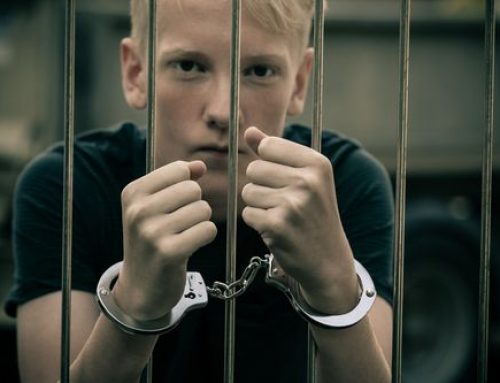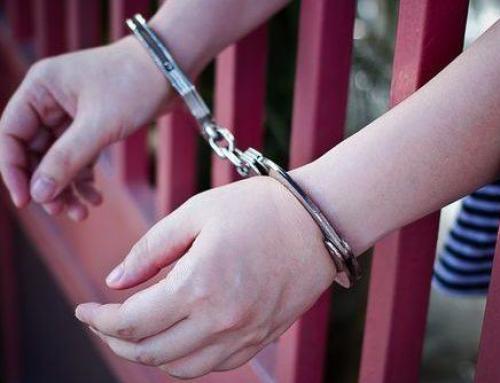On June 25th, the US Supreme Court issued a ruling in Miller v. Alabama that bars mandatory “life without parole” sentences for juvenile offenders. The Court found that such a penalty violated the Eighth Amendment right against “cruel and unusual punishment.” Interestingly, the Court didn’t expressly state that a juvenile, under certain circumstances, could not receive a sentence of life without parole. But, rather, that such a mandatory sentencing scheme was unconstitutional. Is there a difference? Yes.
Mandatory Sentencing for Juveniles Unconstitutional?
The court found that a trial court must do an individualized assessment of the juvenile before them to determine if a sentence of life without parole is the only option for this juvenile based on their background, age, facts of the homicide, culpability of this juvenile and other factors that the sentencing court finds relevant. I indicate “facts of the homicide” because the Court has previously held that a sentence of life without parole for a juvenile convicted of a non-homicide crime is unconstitutional.
This opinion raises interesting questions specifically for juvenile “lifers” in Pennsylvania as the mandatory sentence, if convicted of 1st or 2nd degree murder in Pennsylvania is life imprisonment without the possibility of parole. If you are a juvenile previously convicted of 1st or 2nd degree murder and sentenced to life without parole what is your remedy? First, all juveniles in this situation must file a PCRA claim by August 23, 2012 (60 days from the date of the Miller opinion) or they risk losing their right for redress from the courts. The Juvenile Law Center is currently arguing Commonwealth v. Batts before the Pennsylvania Supreme Court involving a juvenile lifer whose sentence is now illegal based on the Miller holding. Therefore, if you know anyone in this situation, they should reach out to me or the Juvenile Law Center to seek immediate assistance with the filing of a Miller PCRA.
Second, if Pennsylvania law currently reads, as it does, that all convicted of 1st or 2nd degree murder must receive a mandatory life sentence without parole but Miller states that this mandatory sentence is illegal, what are Pennsylvania courts supposed to do? There’s not a clear answer to this question. One argument, adopted by the Juvenile Law Center, is that the sentencing court must sentence the juvenile on the lesser included offense of 3rd degree murder so that the sentencing judge can have the discretion to sentence in accordance with Miller. Another possibility is that the sentencing judge will conduct the individualized assessment of the juvenile and his/her case in accordance with Miller and re-sentence the juvenile to a lesser sentence despite the current law. A third option is the courts may very likely wait for a legislative fix to the issue.
Juvenile Lifers in Philadelphia
As far as prosecutors in Philadelphia are concerned, the District Attorney’s Office may very well take the position that Miller is not retroactive and therefore no sentence of past juvenile lifers can or should be adjusted. Rather, the DA may argue, Miller was only meant to effect those juveniles convicted of 1st or 2nd degree murder after the Miller ruling on June 25, 2012. Either way, the legislature and state courts are going to have to get involved as those juveniles currently serving a life sentence are going to argue that Miller applies to them. The legislature is going to have to enact new sentencing guidelines in accordance with Miller. It will be an interesting issue to keep an eye on.




